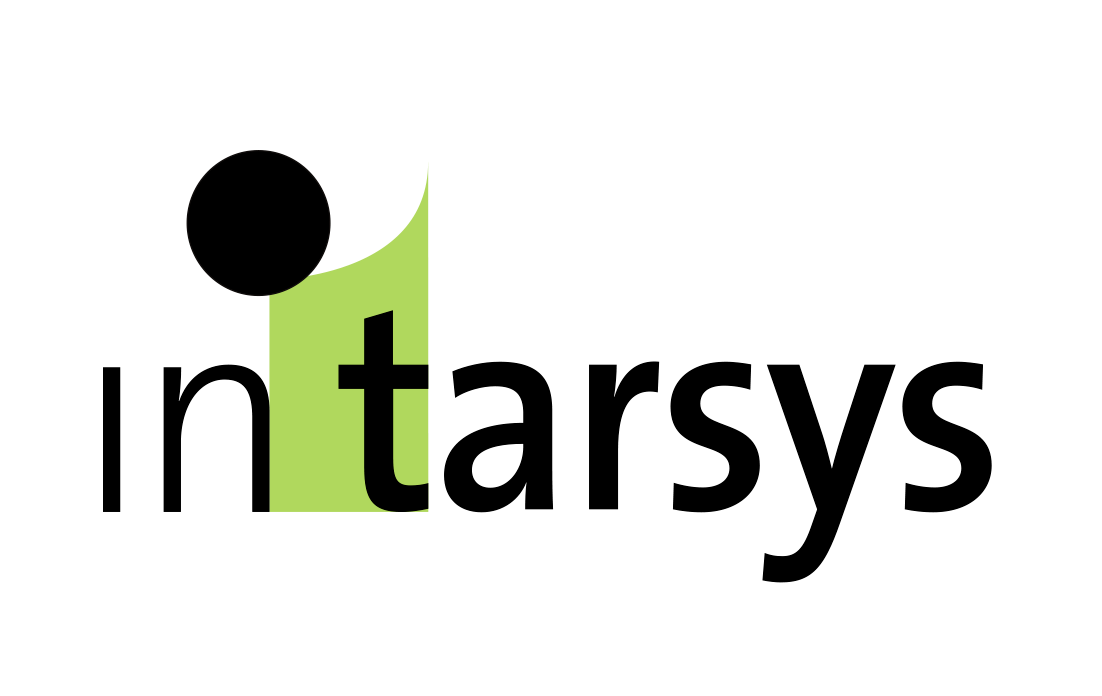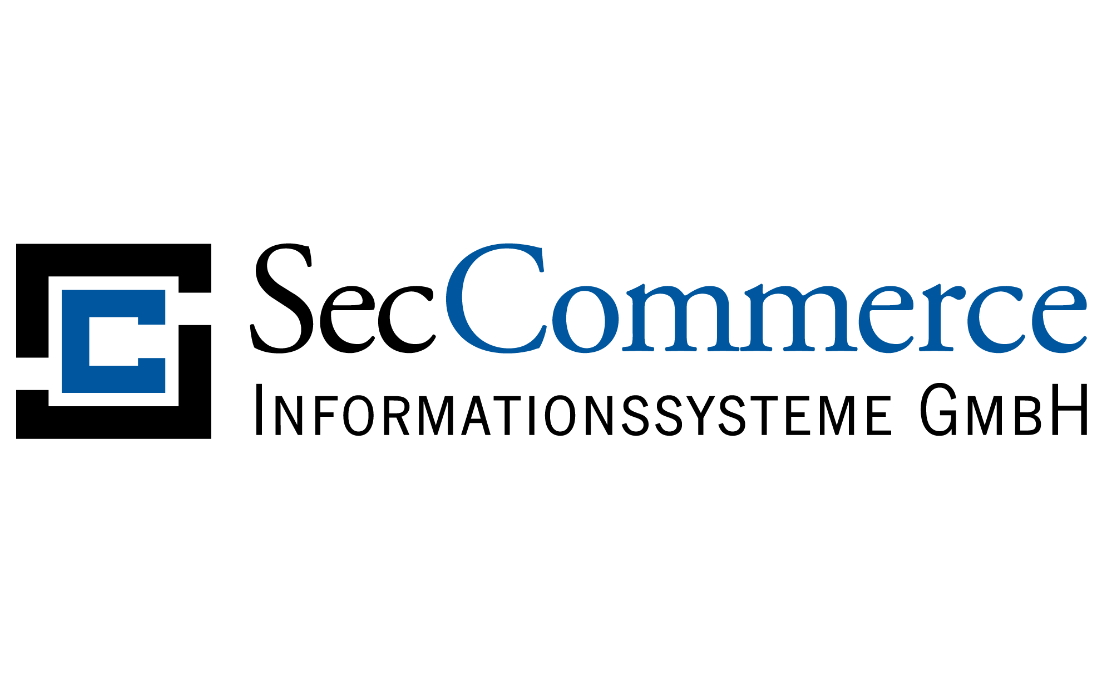Fraud prevention
Protect your organization from fraudsters on the internet by adding an electronic seal to your digital documents, e.g., invoices, policies, certificates, diplomas, or attestations. This way, your customers can be sure that the digital documents originate from your organization and that there is no forgery.





















